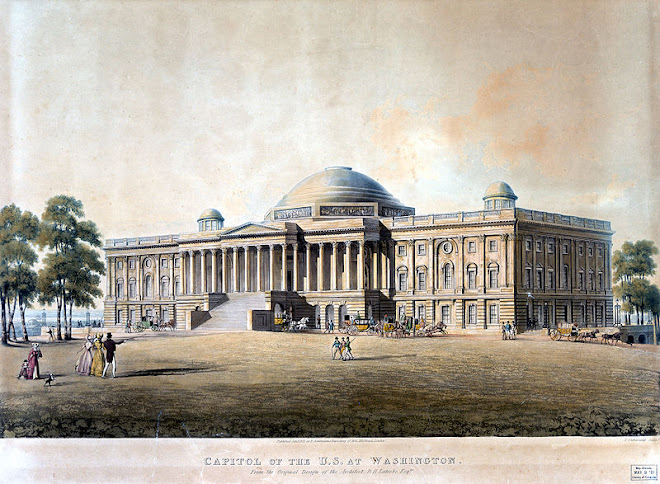From Speak Up:
This tough economy is hitting everyone. From unemployment to Wall Street bailouts to rocketing gas prices, it seems that everyone is hurting for cash. Apparently, local governments are no exception. Across this nation, local taxing authorities are trying to increase their coffers by denying property tax exemptions for churches. If you are not careful, your church could be next.
One such battle is taking place in Concord, New Hampshire, involving Liberty Assembly of God. Their story should serve as a warning to all.
The church has existed in its current building for more than 15 years. It’s your typical church. It has services on Sunday mornings and Wednesday nights. A music minister leads the people in singing. It runs a food pantry and even has the occasional person who sleeps through the pastor’s sermons.
Unfortunately, this church came upon hard times. Attendance dropped, and consequently, the church was not using every room as it had before. For example, instead of using four rooms for Sunday school classes, they now only needed to use two.
One day, city officials decided to inspect the church to see if it was being used for religious purposes. These officials conducted a room-by-room analysis, even going through the drawers in the rooms! The city was looking for evidence to support its claim that if any single room was not being used for a religious purpose, it should be taxed.
Unfortunately, the city concluded that not all of the rooms were currently being used for a religious purpose, and stripped the church of its full tax exemption. When asked how the city could possibly come to this conclusion, Kathryn Temchack, the city’s director of real estate assessments, said it was because the rooms were not in good order or use. The following are actual quotations from Ms. Temchack’s deposition as to why she denied the tax exemption:
* She testified that, although the storage of a desk and a musical keyboard could serve a religious purpose, the Church’s storage of such items did not serve a religious purpose “because of all the other junk that’s sitting around it.”
* When asked if the cleanliness of how things are stored play a part in determining whether items are being used for a religious purpose, she said, “it could be. I think there would be some kind of order to it if it was being used for a religious purpose, that you would expect to see tables, chairs, religious posters, a cross, an altar, something of that magnitude here that would say that there’s something religious happening. Bibles. I see just a bunch of stuff sitting in a room.”
* When asked if the storage of a keyboard served a religious purpose, she said, “it’s just not so much the storage of the keyboard. It’s the appearance of the area that it’s in. It’s the condition of those rooms, that it just appeared to be not in use or organized for any type of use.”
* When asked if the storage of a box for the PowerPoint projector (used during worship services) could serve a religious purpose, she testified, “I think it’s the condition of this room. If it’s being used for storage, it’s like how would you know? I don’t know how anyone would know where anything was in this room or how you would find anything in this room. It’s the condition of what’s in the room of the property itself. It’s just a bunch of stuff.”
Apparently, Ms. Temchack took seriously her mother’s admonition that cleanliness was next to godliness!
ADF is representing this church, as the city’s actions pose a real danger for churches, especially struggling ones. The danger here is that, at least according to some tax assessors, if a church ceases to use a room for a religious purpose, it can no longer claim a tax exemption for that room. For instance, the city officials in Concord stated that it could tax a church closet if it was not being used for a religious purpose!
ADF is representing this church, as the city’s actions pose a real danger for churches, especially struggling ones. The danger here is that, at least according to some tax assessors, if a church ceases to use a room for a religious purpose, it can no longer claim a tax exemption for that room. For instance, the city officials in Concord stated that it could tax a church closet if it was not being used for a religious purpose!
The caution for churches is to make sure to use the property God has entrusted to their care. If they don’t, a tax assessor like the one in New Hampshire might very well try to collect some taxes from them.
If your tax exemption is being challenged because the taxing authority does not believe your church’s use of the space serves a religious purpose, or if you have any questions about your legal rights, please contact the Alliance Defense Fund.
.gif)






























No comments:
Post a Comment